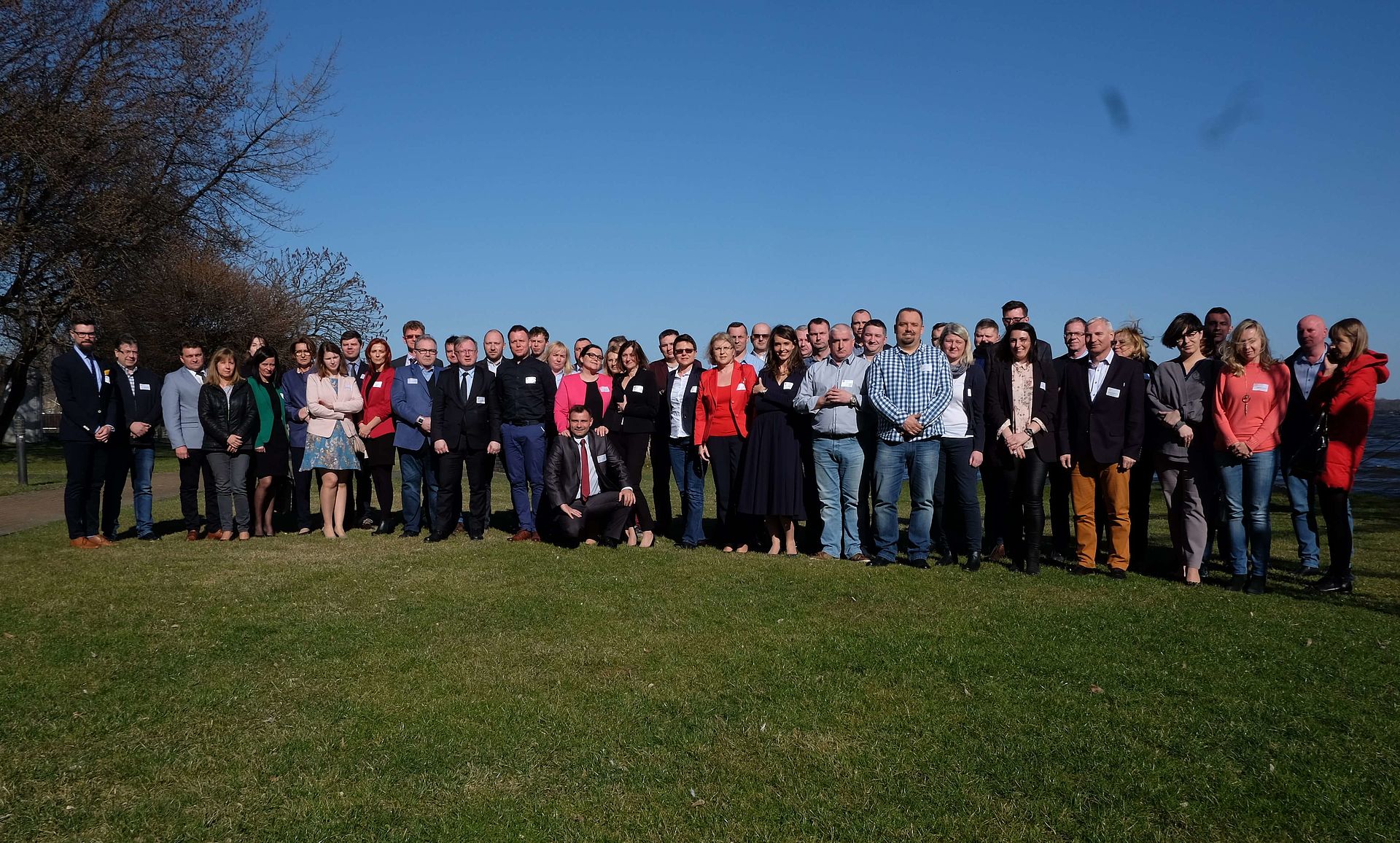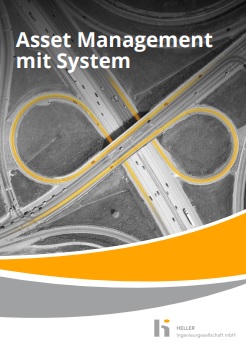WDSN regulations revolutionize condition survey and assessment on voivodeship roads

In his opening speech, Mr. Waldemar Królikowski, Director of the Road Administration of the Voivodeship Roads in Olsztyn, commended the excellent cooperation of the six voivodeships that participated in the development of the WDSN regulations. So far, there has been no guideline for the planning and implementation of regular condition surveys and assessments of voivodeship roads. This has made rational, long-term planning of road maintenance and exchange between administrations almost impossible. Using the standards developed for national roads was also not a suitable alternative, as voivodeship roads have to meet different requirements than national roads. Thus, the WDSN regulations close a crucial gap by providing the road administrations of voivodeship roads with guidelines for planning condition surveys, preparing tender documents and controlling the quality of measurement data and results.
The importance of the regulations was also recognized by the Polish Ministry of Infrastructure. Mr. Grzegorz Kuczaj, Head of the Technical Conditions Department in the Public Roads Department, described the regulations as an extremely valuable initiative. Thanks to the standard, it will finally be possible to compare the condition of voivodeship roads between individual voivodeships. The Ministry plans to include the WDSN regulations in the newly developed guidelines for the maintenance of public roads.
Mr. Zbigniew Tabor, Director of the Road Administration in Katowice, emphasized the great range of applications of condition data, including the determination of the remaining lifetime of the pavement. In his view, condition survey is not a cost factor, but an investment in knowledge that is essential for planning maintenance measures optimally.
The purpose of the workshop was not only to inform about the new guidelines, but also to create a platform for exchanging experiences in the field of condition survey. During the discussions, various, at times controversial aspects of planning and conducting condition surveys were covered as well as questions regarding the tendering procedure. The event was completed by presenting measuring instruments for the measurement of longitudinal and transverse evenness, macro texture and skid resistance.
The HELLER Group, responsible for organizing and managing the workshop, is convinced that the workshop has increased the awareness for the benefits of systematic condition surveys based on uniform standards among road operators. This year's event marked the start of a regular exchange between the administrations of the voivodeship roads. Another workshop is planned for next year, which will be dedicated to the use of condition data for planning maintenance measures.


